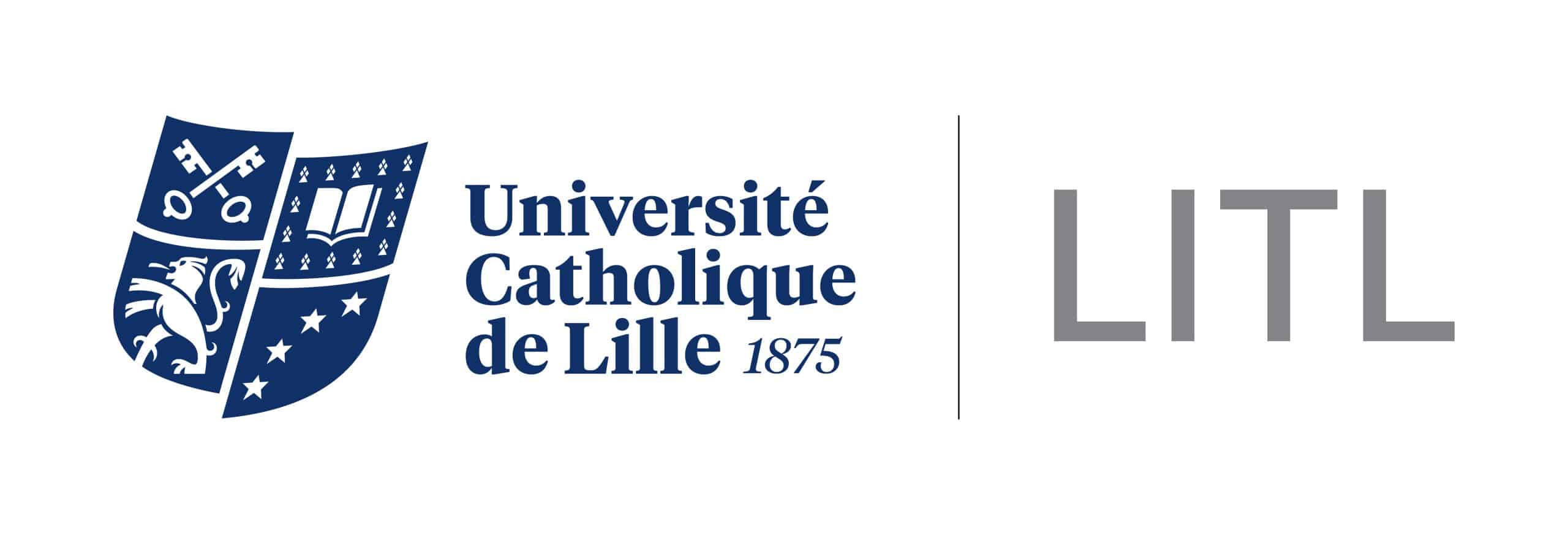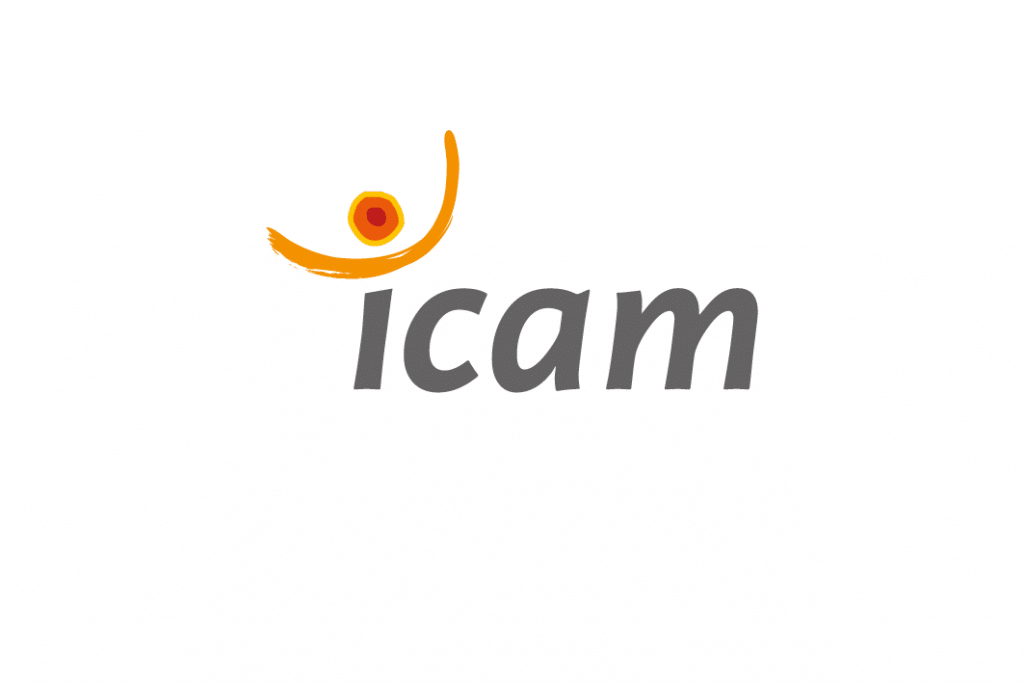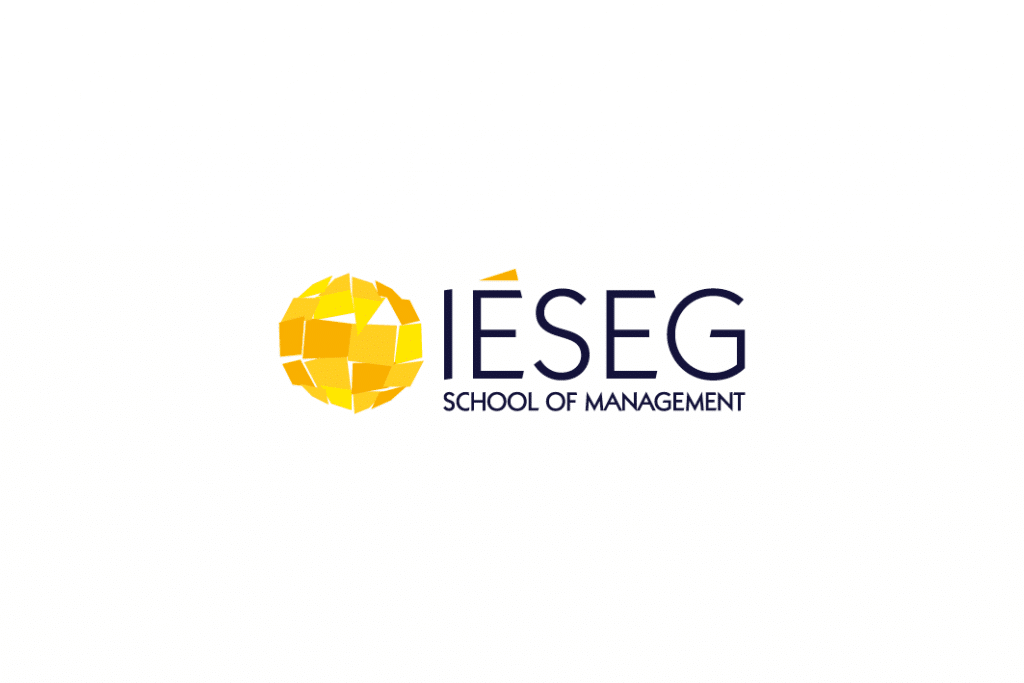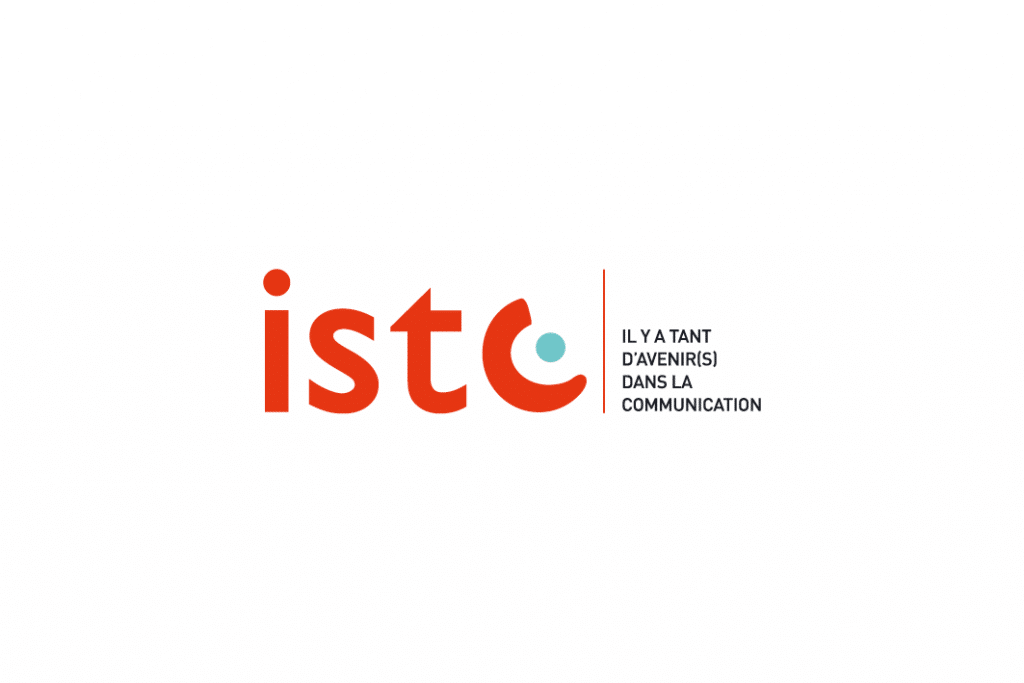The Université Catholique de Lille has developed several research units and chairs that contribute to the advancement of knowledge and innovation in various fields. These entities are poles of excellence that regroup researchers, students, and external partners to meet the scientific, technological, and societal challenges of our time.
Here are some examples of the Université Catholique de Lille research environment:
Some figures
- 220 teacher-researchers and researchers (as natural persons)
- 1 service for the valorization and internationalization of research and doctoral studies
- 4 research platforms and resource centers
- 1 scientific council regrouping the directors and managers of the ICL research units
- 6 research units, including 5 integrated in the École Doctorale Polytechnique Hauts-de-France (Polytechnic Doctoral School Hauts-de-France): C3RD, ESPOL-LAB, ETHICS EA 7446, LITL and MUSE
- 3 disciplinary units (law, political sciences, theology)
- 3 thematic units (humanities, ethics, sustainable city)
- Individual integrations to Textes et Cultures (Texts and Cultures, EA 4028), Centre de Recherches Interdisciplinaires en Langue Anglaise (Interdisciplinary Research Center in the English language EA 4639), Unité de Taphonomie Médico-Légale (Forensic Taphonomy Unit (EA 7367), Centre d’infection et d’immunité de Lille (Infection and Immunity Center of Lille, UMR CNRS 8204), CRISTAL laboratory (UMR CNRS 9189), Digitorient.com (UMR CNRS 7192), and DE VISU laboratory (EA 2445)
The Research Units
C3RD: Center for Research on the Relationships between Risk and Law, the Faculty of Law
The C3RD is the research unit within the Faculty of Law. Founded in 2006, it has more than 50 members, including a large majority of jurists (private law and criminal sciences, public law, history of law), as well as several political scientists and economists. It welcomes 11 PhD students. Therefore, its research concerns are mainly within the legal sciences, focusing on the relationships between risks and law. The scientific ambition of the laboratory is to identify the consequences of the integration of the risk concept in the evolution of law, as well as how law can become a response against the emergence of risks, regardless of their nature (technological, health, security, environmental, social…).
The aim is also to analyze how the legal rule (or its absence) can generate certain risks, mainly related to legal insecurity. Two main axes structure C3RD research according to multidisciplinary approaches guaranteeing original scientific analyses:
- Risk management by Law
- Risks of Law
Through the prism of the relationships between law and risks, the point is to consider how law, as a regulatory norm, can sometimes be given the prerogatives of tools rather than a repository of values or vice versa. Three Research Chairs are associated with the C3RD: the Droit éthique et santé numérique (Law, Ethics and Digital Health Chair (with ETHICS EA 7446), the Compliance, ESG & Sustainability Reporting Chair (with LITL), and the Enfance et Familles (Childhood and Families Chair).
ESPOL-LAB: European School of Political and Social Sciences (ESPOL)
ESPOL-LAB is the ESPOL research unit. It federates a team created in 2012, with 29 members today, including 3 PhD students. Politics is its central object of investigation and analysis. The questions at the heart of the ESPOL-LAB scientific project are about the borders of politics and the relationships between politics and society. What is the actual scope of political decisions? What are their motivations? How much does politics (still) refer to the regulatory modalities of companies? Should it? The apparent fragility of contemporary states, accentuated by the bursting of identity allegiances, the growing globalization of economies, and the emergence of modern forms of violence and governance, highlight the difficulty of organizing social relationships and giving meaning to coexistence.
However, if the modern state may no longer appear as the exclusive framework within which standard rules are elaborated and transformed, it retains an unrivaled appeal and a capacity to guide and organize the future of societies. In this context, ESPOL-LAB aims to inform the political decision processes, their normative foundations, and their constraints, as well as the continuously transformed relationship to territory and violence, by drawing on a team where the principal subfields of political science (public policies, international relations, comparative politics, political ideas history, political theory) are represented. The research conducted within ESPOL-LAB is articulated around three thematic axes with the common aim of questioning the contemporary transformations of politics:
- Quality of Democracy
- International Reconfigurations
- Anthropocene Policies
The concept of Europe is a structuring dimension of ESPOL research, present in each of the three thematic axes.
ETHICS EA 7446: Experience, Technology & Human Interactions, Care & Society
More than four decades of experience in ethics research conducted within the University led to the creation of the ETHICS EA 7446 research unit (Experience, Technology & Human Interactions, Care & Society) in 2016, with the ambition of developing a global, scientific, multidisciplinary and multi-methodological approach of human, of human and social interactions and behaviors, and of their ethical issues. With solid relations between the empirical and contextual approaches (Experience), which respond to and feed on theoretical and fundamental questions, this research unit is focused on the outstanding issues associated with the stability and transformation of the contemporary world.
A particular interest is given to the role of tension between technological evolution and human interactions (Technology & Human Interactions) and the questions of “caring” for people, society, and life (Care & Society). ETHICS EA 7446 welcomes over 100 teacher-researchers, researchers, hospital academics, and 11 PhD students and encompasses about 15 disciplines.
The Unit associates PIKTURA (School of Image), the ISTC (School of Communication), ESSLIL ( School of Social Sciences), the FMMS (Faculty of Medicine, Maieutic and Health Sciences), and the FLSH (Faculty of Letters and Human Sciences). ETHICS EA 7446 is also engaged in the Sciences, technosciences et foi à l’heure de l’écologie intégrale (Technosciences and Faith in the Era of Integral Ecology Chair (with Theology & Society) and in droit, éthique et santé numérique (Law, Ethics and Digital Health) Chair (with the C3RD).

LITL: Interdisciplinary Laboratory for Transitions in Lille - Faculty of Management, Economics and Sciences and JUNIA
LITL is a research unit created in 2023. Co-carried by the Faculty of Management, Economics, and Sciences and by JUNIA, the unit welcomes 50 teacher-researchers from social sciences and engineering sciences as well as 11 research engineers, engineers, research managers, technicians, and 3 PhD students. Its scientific project is articulated around three principal axes, which are declined in three societal challenges:
- The first axis focuses on intelligent and communicative digital systems (security and privacy protection, health and well-being, intelligent systems serving users).
- The second axis relates to environmental transitions and ecosystems (human-biodiversity interactions, the rational use of natural resources, and impact investment).
- The last axis concerns territories, cities, and societies (agricultural systems and territories; behaviors, markets, and consumption; sustainable cities and buildings).
LITL is engaged in the Compliance, ESG & Sustainability Reporting Research Chair (with the C3RD).
MUSE: comMUnication, Society, Environment (Faculty of Letters and Human Sciences)
The 44 teacher-researchers and PhD students of the Faculty of Letters and Human Sciences develop their research activities within two structures: on the one hand, the PSyCOS team (Processus Sociaux et Cognitifs dans les Organisations et la Santé – Social and Cognitive Processes in Organizations and Health), a member of ETHICS EA 7446, which groups teacher-researchers in social psychology and cognitive neurosciences. On the other hand, the FLSH now has its multidisciplinary research unit, MUSE (comMUnication, Society, Environment), created in 2023. With 8 disciplines falling within humanities and social sciences, MUSE aims to understand humans through their environments and the heterogeneous evolution of societies.
The research unit is structured around 3 axes:
- Axis 1 (Media, Texts, Images) studies the economic, social-symbolic, cultural, and ethical issues underlying the uses, representations, regulation, and operating modes of media devices and systems.
- Axis 2 (Identities, Alterities, Cultures) focuses on the study and correspondence of psychic, territorial, geographic, artistic, and linguistic movements, with a focus on identity and its construction, as well as its links with belonging.
- Axis 3 (Mondes émergents – Emerging Worlds) is both a thematic axis and a Research Chair (CReME). It aims to identify, analyze, compare, and reflect, starting from reality, the actual categories, taxonomies, development trajectories, and the new expressions of power induced by the emergence phenomenon and which the various current research confirms, invalids, or nuances.
ThéoS: Théologie & Société (Theology & Society, Faculty of Theology)
The “Theology and Society” research unit of the Faculty of Theology welcomes 15 teacher-researchers from theology, philosophy, and religions, as well as 18 PhD students. This research is articulated around three poles, within which the disciplinary approaches of anthropology, ethics, and integral ecology are intertwined. Most of the Unit’s teacher-researchers, which are in the fields of philosophy, exegesis, theology, ethics, the history of religions and religious sciences, and canonical law, are integrated within the multidisciplinary thematic research group, “Vulnérabilités du vivant? Perspectives théologiques et philosophiques” (Vulnerabilities of the Living? Theological and Philosophical Perspectives).
Moreover, two research networks are dedicated to specific topics and include researchers from several institutions in France and abroad: the first considers the place of animals in contemporary societies, and the second focuses on genocides and Holocaust studies.
Finally, two Research Chairs are linked to the FT: the Rodhain Chair and the Sciences, Technosciences, and Faith in the Era of Integral Ecology Chair (with ETHICS EA 7446).
Discover other Research Units of some of our institutions below:
The Research Chairs
Mondes émergents (Emerging Worlds) research chair - CReME (MUSE, FLSH)
Integrated within the MUSE research unit, the Emerging Worlds research chair has 12 teacher-researchers with specific and complementary expertise on social-(geo)political-cultural issues in Africa, Asia, South America, the post-Soviet world, or through specific themes. The aim is to have a multidisciplinary scientific reflection and a globalizing approach.
Under the direction of Eric MOTTET, the Chair is organized in five themes with porous frontiers which, by conversing together, have the ambition of understanding today’s significant contemporary issues and challenges:
- Contemporary Asian Issues
- Contemporary Africa
- Current Post-Soviet World
- Latin America
- Cultural, Intercultural, and Anthropocene Representations
“Compliance, ESG & Sustainability Reporting” Chair (C3RD, FD et LITL, FGES)
This Chair, carried by the C3RD and the LITL, is led by Andra COTTIGA.
It aims to develop targeted expertise in business ethics, especially in the field of the compliance to be set up and the sustainability information to be provided by international companies, be they listed or not. An essential objective of the Chair is to meet a strong demand for education in these areas. Thus, a first course, reserved for professionals, was created: the DU Compliance Internationale et éthique des affaires (International Compliance and Ethics of Business degree).
Jean Rodhain Chair (ThéoS, FT)
The aim of the Jean Rodhain Chair, led by Sophie IZOARD, is to develop teaching and research activities on the themes of Solidarity and Justice in connection with Christian social thinking. It is under the direction of the Jean Rodhain Foundation, which supports the emergence of a network of theologians and academics working from a specific angle and with the concept of charity as a gateway in its response and innovation capacity in the face of contemporary world issues. As part of the Lilloise Chair, conferences, research seminars, and field activities are conducted each year, and a partnership with ESSLIL, the École des Sciences de la Société (School of Social Sciences) has been initiated. The ethics of dignity is valued as the central criterion of critical evaluation of the political, economic, and social options, as well as a spiritual source for action.
Sciences technosciences et foi à l’heure de l’écologie intégrale (Sciences, Technosciences and Faith in the Era of Integral Ecology) Chair - STEFEI (ThéoS, FT and ETHICS EA 7446)
Founded in 2021, the Sciences, Technosciences and Faith in the Era of Integral Ecology Chair is led by Thierry MAGNIN and Paulo RODRIGUES. It aims to foster a dialogue between the scientific, philosophical, and theological fields through interdisciplinary research groups; to conduct a reflection on digitized Technosciences and Christian Faith in the Era of Integral Ecology; to think of integral ecology in connection with the legacy of process philosophy, and to think about biblical anthropology by measuring the impacts and transformations related to technosciences.
Droit éthique et santé numérique (Law, Ethics, and Digital Health) Chair (C3RD, FD and ETHICS EA 7446)
Digital health is a new, growing industrial sector. For many actors, meeting tomorrow’s health challenges is a pivotal element. Digital health covers a vast and diverse field, signaled by the semantic diversity of the terms used, which is increasingly rising in the public space: connected health, e-health, telehealth, telemedicine, etc. These digital health innovations often develop in a mode called “hyperactive immobilism”: an anarchical multiplication of experiments resulting in a certain inability to develop practical, desired, and sustainable products. How is it possible to ensure the governance of this development? Led by Lina WILLIATTE and Jean-Philippe COBBAUT, this Chair aims to better understand the legal and ethical issues of digital health development and offer strategies for democratic governance of this sector.
Enfance et Familles (Childhood and Families) Chair–ENFAM (C3RD, FD)
The Childhood and Families Research Chair, created in 2010, is led by Blandine MALLEVAEY.
Its originality is to enrich the legal contributions of its members, teachers-researchers, and PhD students in law through the contributions of researchers in ethics, sociology, psychology, theology, and family economics. These collaborations bring a multidisciplinary approach to the issues related to children, considered the founding and central element of the family group and its interactions in contemporary society. They meet the objective of the Chair: to nourish the reflection on the recognition and implementation of children’s rights and the consideration of their higher interests, especially when their family situation leads to more vulnerability. The Chair develops scientific activities around three research axes:
- Children in danger
- Childhood, Family, and Justice
- Ethics and Families












